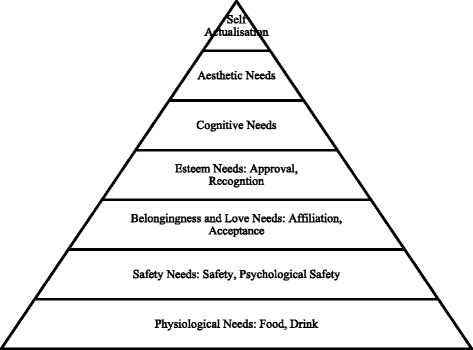Lessons for simulation-based education from social psychology
- PMID: 29449976
- PMCID: PMC5806458
- DOI: 10.1186/s41077-016-0007-0
Lessons for simulation-based education from social psychology
Abstract
Effective practice is informed by underlying theoretical models. Better awareness and understanding of such models can enhance reflection by practitioners on their current educational activities and so help drive the cycle of continuing improvement. In this article the author reflects on three ways in which a better understanding of social psychology gave insights into why some practices appeared to be more effective than others and some ways in which future practice could be altered. Social psychology places great emphasis on the importance of the situation in which people find themselves an how this impacts on their subsequent behaviour. The three areas specifically addressed in the article include factors which motivate and drive human activities, especially the importance of self-esteem. Secondly, the relevance of the fundamental attribution error, which looks at our tendency as humans to ascribe personal attributes as the cause of the behaviour of others rather than the influence of external events. The third area to be explored is the role of acquiring scripts or heuristics that can broaden the range of activities than can be performed at a subconscious or intuitive level. For each concept, the author has included a brief illustration of its application to the practice of a simulation educator.
Keywords: Educational theory; Reflection; Social psychology.
References
-
- Rowntree D. Educational Technology in Curriculum Development. London: Paul Chapman Publishing; 1988.
-
- Krathwohl DR, Bloom BS, Masia BB. Taxonomy of Educational Objectives; Handbook II: Affective Domain. London: Longman Group; 1956.
-
- Holt N, Bremner A, Sutherland E, Vliek MLW, Passer M, Smith RS. Psychology: The Science of Mind and Behaviour. 2. Berkshire: McGraw Hill Education; 2012.
-
- Deci EL, Flaste R. Why we do what we do. New York: Penguin; 1995.
-
- Jarvis P. Professional Education. London: Croom Helm; 1983.
Publication types
LinkOut - more resources
Full Text Sources
Other Literature Sources


